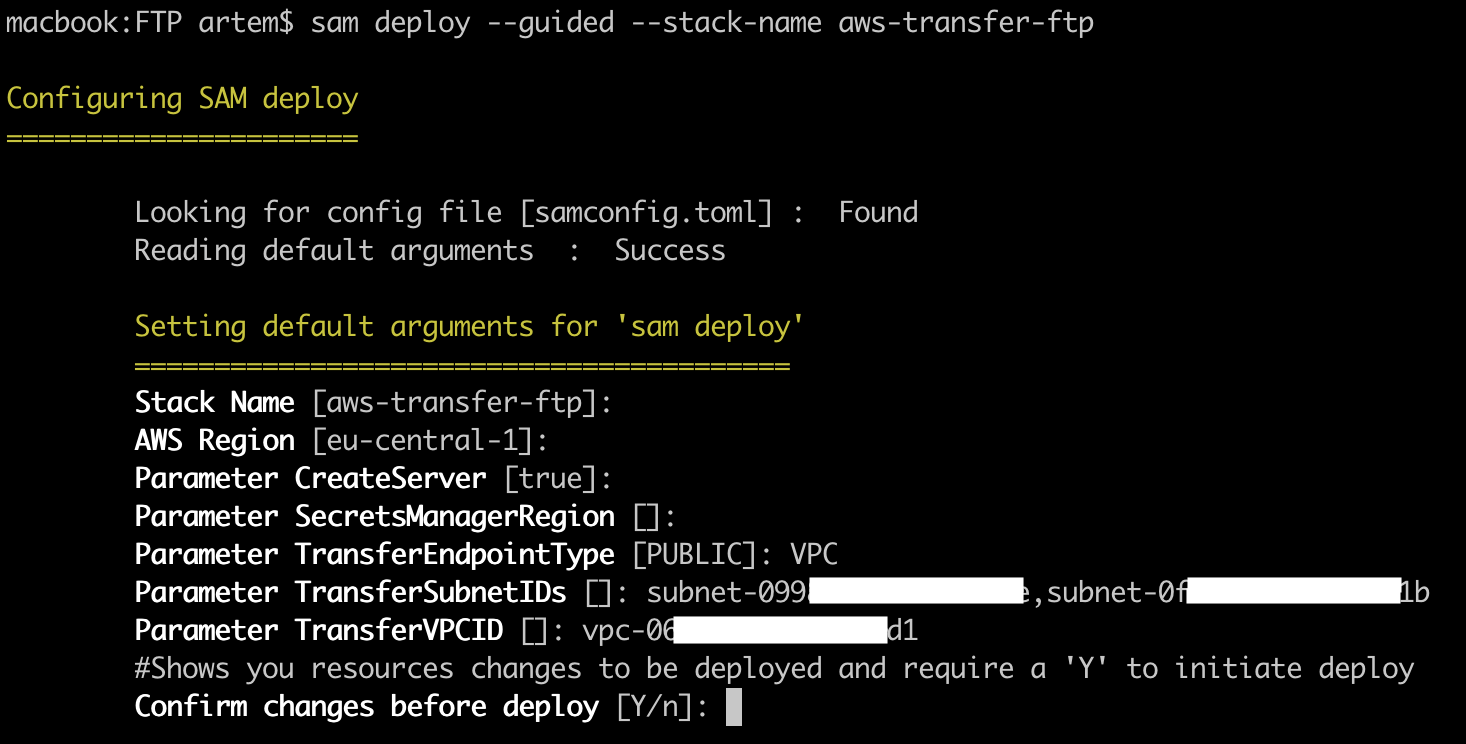

Print('Current folder: ' + filelist.pop(0))įullpath = os.path.join(destination + path, file) Print("error: could not change to " + path) # invalid entry (ensure input form: "/dir/folder/") # folder already exists at the destination Print('New folder made: ' + destination + path) Overwrite : bool - Overwrite file if already exists. Using ftp.mlsd() instead of ftp.nlst(): import sysĭef fetchFiles(ftp, path, destination, overwrite=True):ĭestination : string ('D:/dir/folder/') folder where the files will be saved _mirror_ftp_dir(ftp_handle, path, overwrite, guess_by_extension) Set to False if some folders may have a "." in their names -4th position. If this flag is set to True, it will assume any file ending with a three character extension ".?" isĪ file and not a directory. :param guess_by_extension: It takes a while to explicitly check if every item is a directory or a file. :param overwrite: set to True to force re-download of all files, even if they appear to exist already :param destination: the local directory to store the copied folder
CREATE PUBLIC FTP SERVER DOWNLOAD
:param path: the folder on the ftp server to download :param ftp_handle: an authenticated ftplib.FTP instance _download_ftp_file(ftp_handle, item, item, overwrite)ĭef download_ftp_tree(ftp_handle, path, destination, overwrite=False, guess_by_extension=True):ĭownloads an entire directory tree from an ftp server to the local destination _mirror_ftp_dir(ftp_handle, item, overwrite, guess_by_extension) """ replicates a directory on an ftp server recursively """ If not os.path.exists(dest) or overwrite is True:įtp_handle.retrbinary("RETR ".format(dest))ĭef _mirror_ftp_dir(ftp_handle, name, overwrite, guess_by_extension): """ downloads a single file from an ftp server """ """ ensures the parent directory of a filepath exists """ĭef _download_ftp_file(ftp_handle, name, dest, overwrite): Original_cwd = ftp_d() # remember the current working directoryįtp_handle.cwd(name) # try to set directory to new nameįtp_handle.cwd(original_cwd) # set it back to what it was # this is MUCH faster than trying to set every file to a working directory, and will work 99% of time. # if the name has a "." in the fourth to last position, its probably a file extension """ simply determines if an item listed on the ftp server is a valid directory or not """ import ftplibĭef _is_ftp_dir(ftp_handle, name, guess_by_extension=True):
CREATE PUBLIC FTP SERVER CODE
The code above will look for a directory called "remote_dir" on the ftp host, and then duplicate the directory and its entire contents into the "local_dir". I've placed it on Gist here Īnd pasted it below in case i ever take the gist offline.įtp = ftplib.FTP(mysite, username, password)ĭownload_ftp_tree(ftp, remote_dir, local_dir) I ended up writing my own solution that works very well for me. This is a very old question, but I had a similar need that i wanted to satisfy in a very general manner. With open(os.path.join(destination,file),"wb") as f: #possibly need a permission exception catch: Click the Create FTP Account button when finished. #invalid entry (ensure input form: "/dir/folder/something/") You can choose unlimited or enforce a maximum size for this FTP account. #path should be the abs path to the root FOLDER of the file tree to download

#path & destination are str of the form "/dir/folder/something/"
CREATE PUBLIC FTP SERVER PASSWORD
Password = config.get(connections, "password")īackupPath = config.get(connections, "backuppath")ĪrchiveTo = config.get(connections, "archiveto") Username = config.get(connections, "username") Print("Directory \"" + dir + "\" already exists!")įtp.retrbinary('RETR %s' % filename, open(os.path.join(archiveTo, filename), 'wb').write) With Linux and ZFS, QuTS hero supports advanced data reduction technologies for further driving down costs and increasing reliablility of SSD (all-flash) storage.This will not download the contents of sub-directories how can I do so? import ftplib QuTS hero is the operating system for high-end and enterprise QNAP NAS models. WIth Linux and ext4, QTS enables reliable storage for everyone with versatile value-added features and apps, such as snapshots, Plex media servers, and easy access of your personal cloud. QTS is the operating system for entry- and mid-level QNAP NAS.


 0 kommentar(er)
0 kommentar(er)
